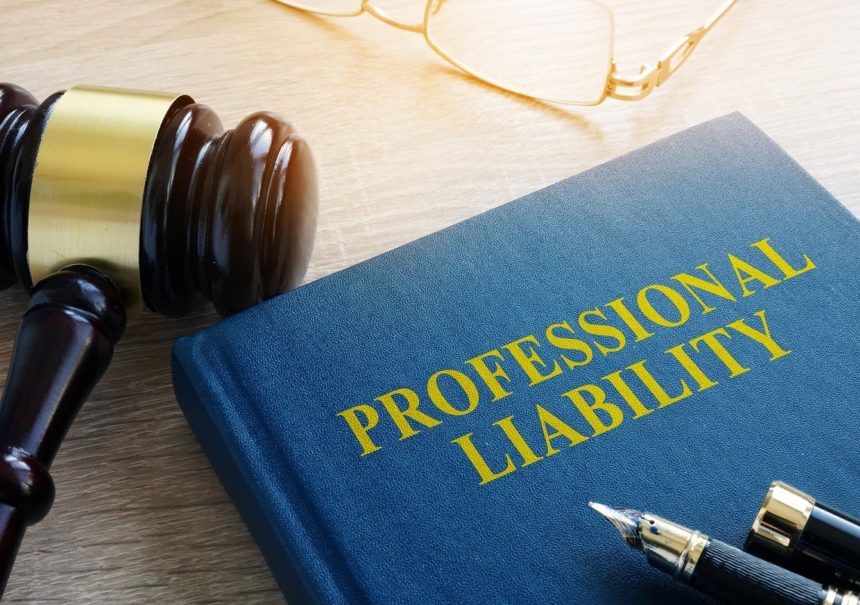When your business is audited by the government or a third party, you want to be sure that it goes smoothly. A lot of planning and preparation goes into any audit, and if something unexpected happens, you’re going to want to be covered financially. Audit insurance provides financial security for companies that are undergoing an audit or who have been selected for one in the near future.
What is audit insurance?
Audit insurance is a type of policy that protects the company from the costs related to an audit. It can be purchased by either the company or the individual, depending on what kind of policy you get.
For example: In some cases, audit insurance might be included in your business owner’s or employee’s benefits package. Or it could be purchased as part of a general liability or property insurance plan.
The general idea behind audit insurance is that the policy will cover any costs associated with an audit. For example: If you are selected for an audit and need to hire a lawyer or accountant, your audit insurance policy should cover those costs. The same goes for any fines that may be imposed as a result of the audit.

What does audit insurance cover?
The types of damage covered by audit insurance vary from policy to policy, but there are some commonalities. For example, a typical audit insurance policy will cover the cost of an audit, as well as any fines or legal action that result from either failure to comply with the auditors’ findings or fraudulent reporting.
Another important aspect of any audit insurance policy is that it covers damages caused during an audit—that is, if your business suffers financial losses due to something beyond its control (for example fire), the insurer will pay for those losses.
Is audit insurance necessary?
You bet it’s necessary! Audit insurance is always a good idea for large companies and can also be an excellent addition to your existing commercial property policy. If you’re a small business, however, audit insurance may not be worth the extra cost.
In general, if your company doesn’t have much in the way of assets, there’s less risk for an auditor to find something wrong with your books.
This means that if you do go through an audit and it turns out fine, then there’s no reason to pay for audit insurance. It’s important to note that even if you don’t have audit insurance, your commercial property insurer will still cover any losses related to your audit. Your policy will just be more expensive without the add-on coverage.
In conclusion, audit insurance is a valuable way to protect your business against losses that may occur as a result of an external audit. If you have any questions about whether this type of coverage is right for your company or how much it will cost, contact us today so we can help!




